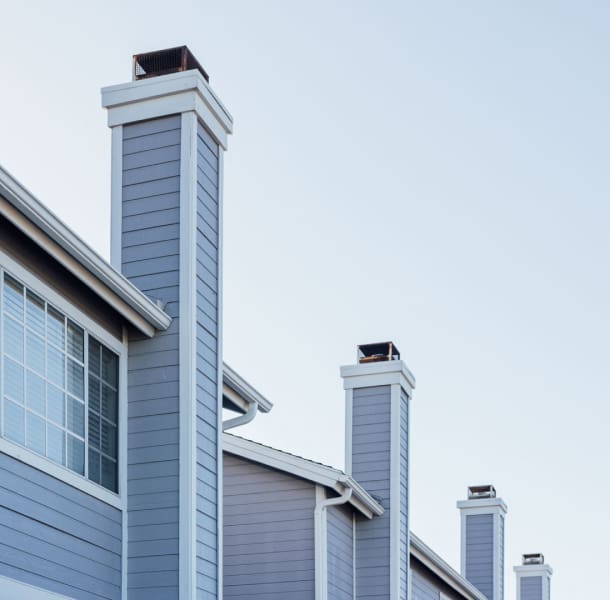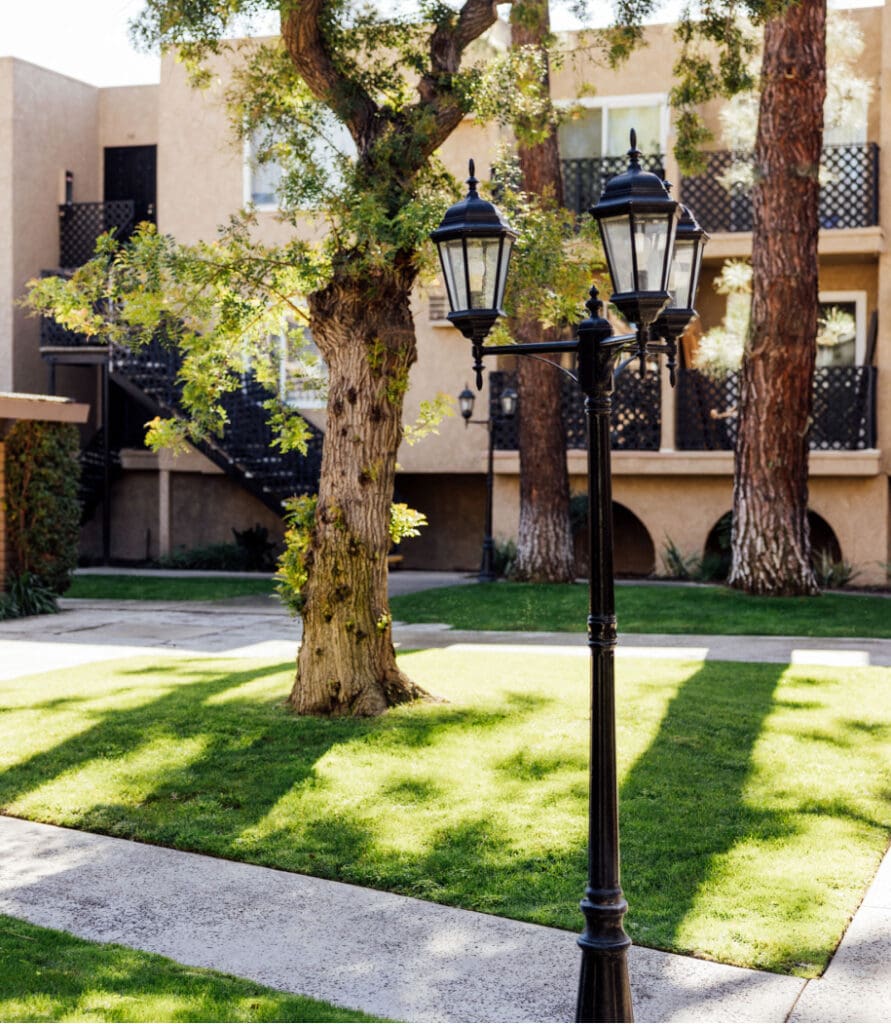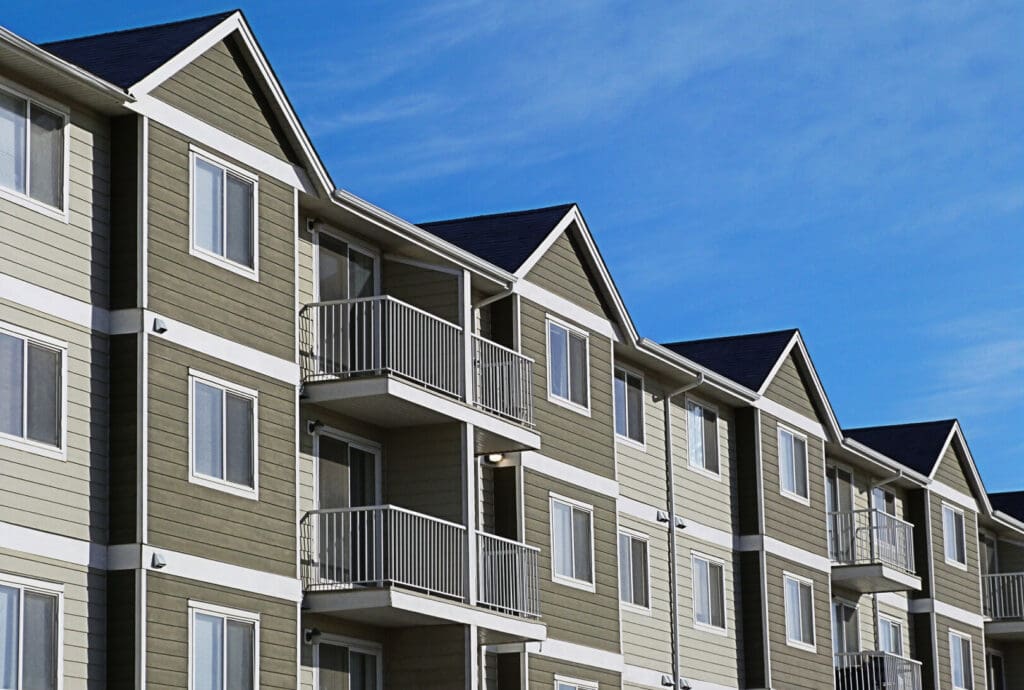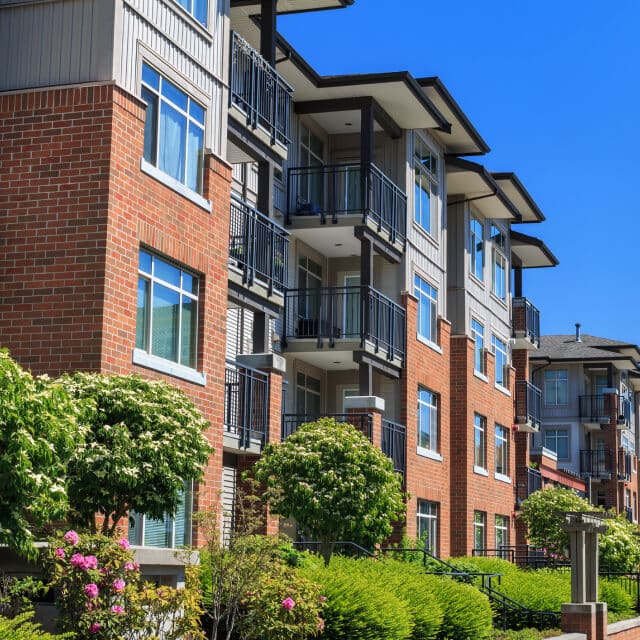In the world of COVID-19, everything has changed for apartment owners, property managers and residents. With each California county and city employing different regulations for sanitation protocols, common area rules and essential maintenance services, the traditional routines of apartment management have beenturned upside down.
Common questions include: Can you open common areas and pools? How do you safely employ maintenance vendors and service providers? Could doing so put your residents at risk? How should you espond if a resident contracts COVID-19?
If you’re an apartment owner, you likely have countless questions like these. Below are some of Fairgrove Property Management’s best-practices for property operations in a post-COVID world.
Create a “Pandemic Plan”
Fairgrove Property Management has now instituted a pandemic plan to ensure the safety and well-being of residents, employees and vendors. When developing your pandemic plan, decide on the objectives that are appropriate for your building, including:
- Sanitation protocols to reduce the spread of infection
- Continuity of property operations including common areas, building amenities, maintenance and leasing
- Communication protocols for residents, employees and vendors The CDC has published several best practices for sanitation and COVID-19 prevention guidelines which can be found on their website. It is also important to check with your specific city, as many COVID-19 regulations vary based on location.
Safety is Priority
Clearly document and communicate cleaning procedures and COVID-19 related protocols that you are employing to ensure the safety of residents and staff. It is also important to clean hightraffic areas and pools often. If applicable, temporarily close all non-essential common area amenities and remove any common area furniture to discourage social gatherings.
Perform Emergency Maintenance Repairs Only
As an essential service, property managers and owners are legally permitted to perform their work even if it requires face-to-face interaction. That said, it is important to communicate that during the COVID-19 state of emergency, all non-essential maintenance will be temporarily suspended. Examples of essential repairs include:
- Leaking pipes or water heater malfunction
- Leaking roof
- Inoperable furnace or air conditioner
- Inoperable kitchen appliances
- Backed up plumbing or sewage drains
- Power outage
In the event unit entry is required, all personnel should be instructed to wear gloves, masks and maintain a safe distance. It is also suggested, but not required, that tenants stand outside, while personnel are working in the unit.
A renter in my building is infected with COVID-19. What can I do?
Property managers and owners are legally not allowed to share another resident’s medical condition or disability with other renters. In the event you are alerted that one of your residents has tested positive for COVID-19, an appropriate response would be to further increase cleaning efforts and help county public health officials with contact tracing.
In closing, while there is no perfect solution for managing apartments during a pandemic, you can help limit your risk and property liability by following the above guidelines. You will also demonstrate your commitment to your residents and their well-being.
Done right, your actions today will be remembered and appreciated by your residents long after the pandemic subsides.
Some companies may present you with a certificate of worker’s compensation, but it’s important to check their status with the CCSLB. Go to www.sclb.ca.gov, click on “check a contractor license,” search for the business name, click on the appropriate license number, then scroll down to the section dealing with workers’ compensation. Click on “workers’ compensation history.”
If the posting states “exempt” click on the word for an explanation. Typically, this means that the company owner lists himself as the sole employee, and that no workers are insured under worker’s compensation. That puts you — the building owner — at risk in the event of any jobsite accidents or injuries.
Without worker’s compensation, apartment owners may also find themselves on the hook for:
- Liabilities associated with death or injuries of subcontractors or workers hired under the table
- Financial liens filed against your property if the general contractor does not pay his subcontractors or laborers.
Remember that general liability for contractors is based on a specific trade classification. Be sure that the company you hire is insured specifically for seismic retrofit work. If not, insurance companies may try to reject claims of injury or death, and liability could be passed on to you.
Finally, obtain a written contract and make sure you don’t pay for work in advance.
If you select a reputable company to construct your seismic retrofit, you can avoid many problems that can otherwise cost you a great deal of time and money.














